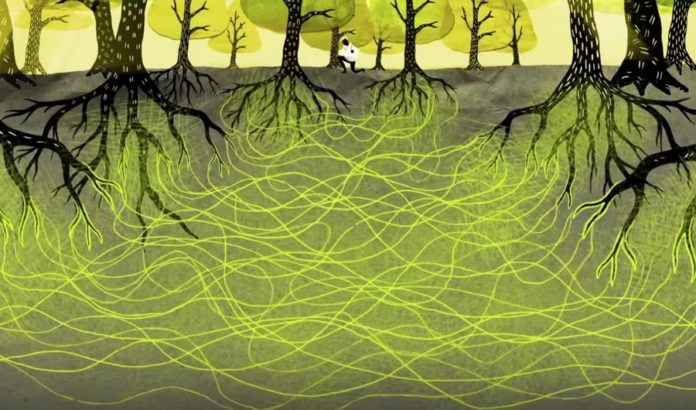One of the things I brought back from our trip to Memphis was my allergic reaction to whatever pollen was floating in the air. I have lived with allergies all of my life, which means I have taken some sort of antihistamine–or multiples of them–for most of my life as well. I have not had luck with shots, so I keep the pharma companies in business.
Thanks to the recommendation of my friend Peter, I went to see a naturopath who used a different approach and a different vocabulary to talk about both my allergies and my treatment, which has given me new hope. The problem, she said, had to do with my gut, not my sinuses. She went on to tell me about the gut microbiome–the community of bacteria that live in our digestive systems–that control the histamines in our bodies, among other things. When we have allergic reactions, it is our bodies overloading on the histamines. Because the bacteria in my gut aren’t healthy, I am overrun with histamines and have been for a very long time.
“The amazing thing is,” she said, “the gut microbiome is not made up of human cells. They are inhabitants in your body.”
I smiled and said, “You mean I am my own solar system?”
Our human bodies are made up of about thirty trillion cells; we have about forty trillion bacterial cells inside us. Most of the cells that live in us are immigrants, we might say. To be healthy requires that we live in community with all that inhabits us.
This afternoon, I met with my gardening buddy Tom. He and I have worked the church garden behind our house together for the last two summers. He actually knows what he’s doing. Through the years now that we have dug in the dirt together we have talked a lot about the theological implications of our sowing and reaping and composting. From the first summer, we talked about wanting more of the church people to participate.
“It will take three years before people start coming,” I said. “We just have to be faithful to the task.”
Last Sunday, during our time to express prayers of joy, Tom gave thanks for the garden and invited people to help. He showed up today with a list of names. We talked about how to build a network among interested folks to make sure the garden as well tended. We also talked about the Poetry Rock, a big piece of granite that we couldn’t move so we turned it into a stage from which we can read poetry and sing hymns to the plants–an idea I got from my friend Tim, in Durham, who reads Walt Whitman to his corn every summer.
When Tom and I are together, we spend at least some time talking about our fascination with the mycorrhizal networks that connect the plants and trees and allow them to communicate and share food. No plant grows alone. Millions of bacteria and fungi swap nutrients with trees and the soil across miles and miles of forests and farms and gardens. We might say it is–wait for it–the Wood Wide Web.
(Thank you very much. I’ll be here all Lent.)
We talked about how to foster the community of those who want to garden together, as well as those we can feed with what we grow, and even the plants themselves. Then we talked about how we can use the garden to speak to the wider church about what it means to be growing here in Guilford together.
It is not lost on me that I have been reminded this week about all the ways we are connected by Peter, Tim, and Tom. The list is longer, but they are the three attached to these stories. We need each other to stay alive. To stay healthy. We are connected to people, to the soil, to the trees, and to the bacteria that live in us and beneath them in ways we cannot comprehend and we cannot ignore, if we are to all stay healthy. Our connectedness is not optional. It is as intricate as micro-cellular make up and as large as the universe. Like Joni Mitchell sang, we are stardust, we are golden.
And it helps to get ourselves back to the garden.
Peace,
Milton
I wouldn’t quote Joni and then not let her sing.

Planting tomatoes tomorrow. Lost the first ones to a heavy frost 2 weeks ago. “Back to the garden” is true on so many levels….thanks, Milton.